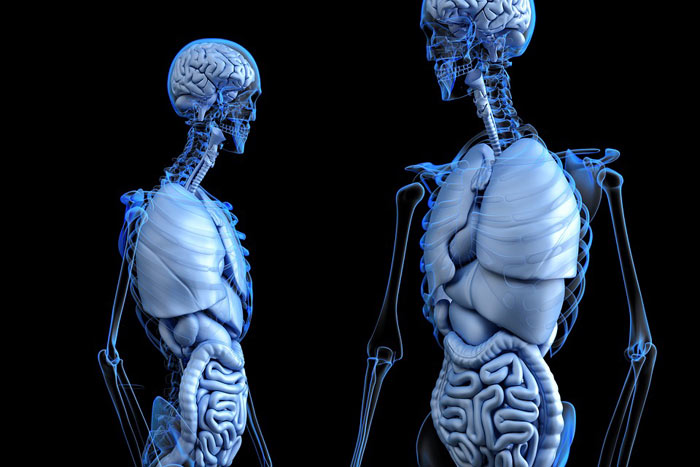Gut health is extremely important for your wellbeing and if there’s something wrong we usually know as our body tells us with uncomfortable symptoms. We all know we need to eat healthily to maintain a good gut health, but what if your problems are persistent and keeping to your five portions of fruit and veg a day doesn’t seem to be working?

Taking your gut health seriously and not just trying to control your symptoms with over the counter remedies could lead you an unexpected diagnosis, but knowing what the problem is means you can treat it in the right way. But how do you go about it? Well, here are some simple steps to follow once you’re ready to take some action to help your troublesome tum:
Get Checked Out
Long-term gut problems could be a host of things, so pushing aside your embarrassment and seeing a professional is the first step to feeling better. Seeing someone doesn’t always mean anything invasive, it usually means talking through your symptoms and trying to identify if there are any common themes. You might be asked to start keeping a food and symptom diary for a while, and if you get better during that time – no harm done.
Test for Allergies
Ever considered that you have food intolerances? Difficulties processing nuts, lactose, and gluten are all very common so testing out a diet that removes one of them for a week or two at a time and seeing how you feel is an excellent idea. If you do see a professional about gut problems, they might also ask you to cut out a food group or give you a skin-prick test to include a wide variety of possible allergies.
If you do get diagnosed with a food intolerance, don’t worry! There are loads of allergy-friendly ranges in supermarkets nowadays and intolerance doesn’t mean going into life-threatening, anaphylactic shock; it can mean an upset stomach for a few hours and nothing more.
Eat a Low FODMAP Diet
This is a type of diet for people with IBS that cuts out foods that irritate the gut and cause all those nasty symptoms. Eating a low FODMAP diet can, for some, completely get rid of IBS symptoms but for others, it just reduces them to a manageable level. Research shows this diet might be useful for people with Crohn’s disease as well.
Challenge Your Diagnosis
 If you’ve been through all the steps above and still aren’t seeing a difference, or your gut issues are getting worse, don’t be afraid to ask for further tests or to challenge the diagnosis you were given. A lot of digestive problems can have similar symptoms and if the right tests aren’t carried out, or the medical professional makes a mistake, you can be misdiagnosed.
If you’ve been through all the steps above and still aren’t seeing a difference, or your gut issues are getting worse, don’t be afraid to ask for further tests or to challenge the diagnosis you were given. A lot of digestive problems can have similar symptoms and if the right tests aren’t carried out, or the medical professional makes a mistake, you can be misdiagnosed.
Misdiagnosis is quite rare, but people have been told they have haemorrhoids only to later find out they have bowel cancer. So listen to your body and if you suspect you’ve been treated wrongly then speak up.
Hopefully, you’ll never have to face the long process of diagnosing a gut problem and then adapting to treatment, but having to do so is not something to be embarrassed about. It’s estimated that 10-15% of people in the world have IBS, and while numbers for Crohn’s, Colitis and other problems are a lot smaller, that adds up to an awful lot of people with digestive problems. There are people who talk openly about their symptoms, share advice and created communities online. So, if you’re feeling overwhelmed; get Googling, find your support network and live a full life.










